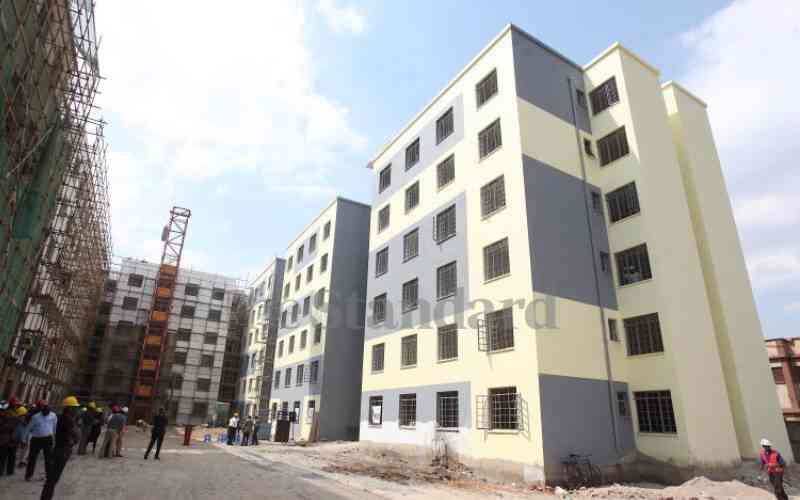×
The Standard e-Paper
Fearless, Trusted News

As he embarks on the arduous journey of streamlining a country he claims long veered off the set trajectory, President William Ruto will be tasked with ensuring that millions of Kenyans in dire need of decent and affordable housing can finally live their dreams.
Dr Ruto was part of a Jubilee administration that sought to deliver 500,000 affordable houses by the end of its reign in 2022. Affordable housing was one of the key pillars of the infamous Big 4 agenda, which was launched by President Uhuru Kenyatta in 2017.